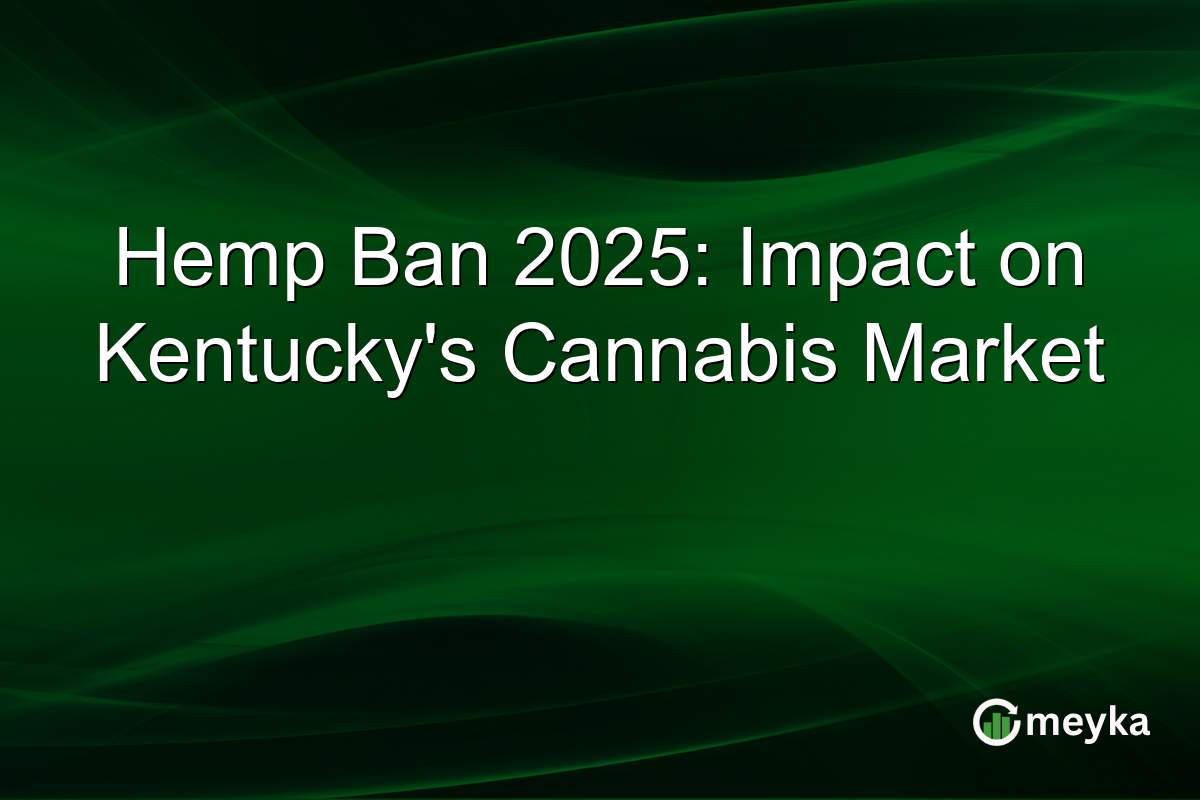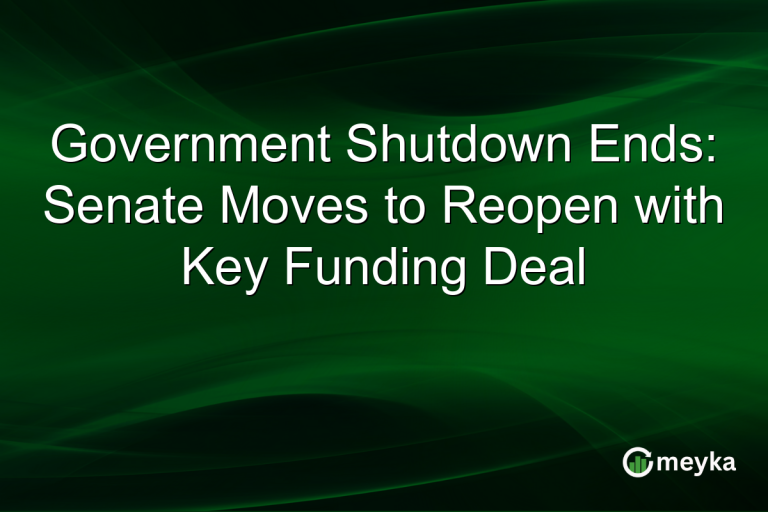Hemp Ban 2025: Impact on Kentucky’s Cannabis Market
In 2025, a proposed federal hemp ban has stirred tensions across the U.S., particularly affecting Kentucky, a leading producer of hemp. This regulatory move seeks to impose stricter THC levels, potentially disrupting the state’s burgeoning cannabis market and affecting the livelihoods tied to hemp farming. Understanding the Hemp Ban 2025’s implications is crucial for stakeholders in the Kentucky cannabis industry as it could reshape the economic landscape significantly.
Continue Reading on Meyka
This article is available in full on our main platform. Get access to complete analysis, stock insights, and more.
Read Full Article →





